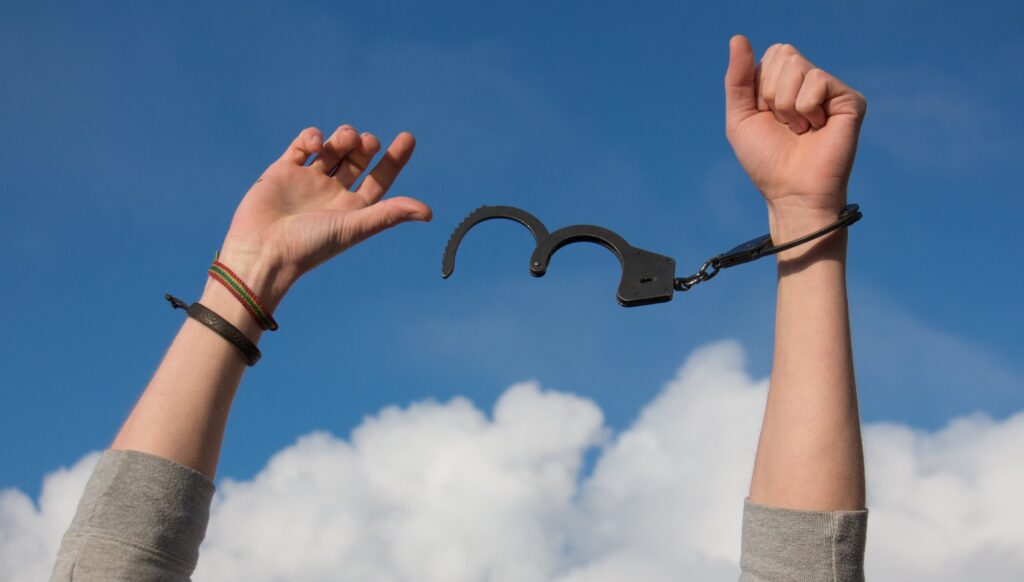
When we discuss the paradox of free will, the question of whether or not we are masters of our fate often follows. We supposedly captain our lives’ sail and expect diverse outcomes. Sometimes, the unfortunate happens, and things don’t ensue as we wish. In trying too hard, we might even end up sabotaging ourselves. Meanwhile, on a favorable day, we experience the stark opposite of a sour outcome.
Have you desperately wanted something to happen, but the more you pushed for it, the more it seemed to slip away? Or perhaps, at other times, such pursuits were quite attainable? In the latter, does it mean you set the motion for such an acquisition and perhaps deserve the accolades for pulling things off?
The above are age-long questions that bothered people in the past and are yet unanswered.
The concept of free will affects various aspects of life. For example, we choose various careers for different reasons. However, we don’t know which of these reasons stands out more. The easiest way to vet this presumption is to ask ourselves if we would be in the same field if our supposed reason for being there in the first place never existed. Is it a thing of interest or something that happened by chance?
One fascinating thing about free will is its illusion of empowerment. The belief that we are the architects of our destinies. Yet, daily, we’re reminded that the path to fulfillment is many times crooked. It requires us to steer our ships and surrender to the unpredictable currents.
An instance is a person striving relentlessly for a promotion at work. Long hours, strategic moves, and unwavering dedication are things they put forward. However, despite their best efforts, the promotion eludes them. The paradox emerges when the very pursuit of success becomes a stumbling block. It raises questions about the relationship between ambition and predestination. This forces us to reconsider the dynamics of free will in the face of unforeseen challenges.
The inherent human tendency to overreach is one of the challenges underlying free will. We push ourselves to the limits, believing that sheer determination can bend reality to our whims. However, the universe operates on its terms. It surprises us with twists and turns that defy our carefully laid plans. In our quest for control, we might inadvertently become the architects of our setbacks.
Moreover, the role of expectation and emotional attachment are also viable concepts in explaining the paradoxical nature of free will. When we become overly affixed to a specific result or have high expectations, we tend to focus too much on the result rather than relishing the process.
Icebreaker?
While navigating our wishes, finding a balance between effort and coming to terms with possible reality is essential. Instead of obsessing over a particular outcome, focus on the present moment. Embrace the process and detach yourself from the result. Sometimes, letting go and allowing things to unfold naturally can lead to better outcomes than trying to control every aspect.
Another approach is to cultivate a mindset of curiosity and exploration. Instead of fixating on a single goal, be open to different possibilities and anticipate the unexpected. This can help alleviate the pressure and allow for more freedom and creativity in your pursuits.
In the end, the paradox of free will highlights the fine equilibrium between striving for something and simultaneously letting go. It reminds us that, sometimes, the more we push for a desired outcome, the more unattainable it may become.
Meanwhile, this leaves us with more questions. Should we make our choices regardless or just let destiny unfold?



Leave a Reply